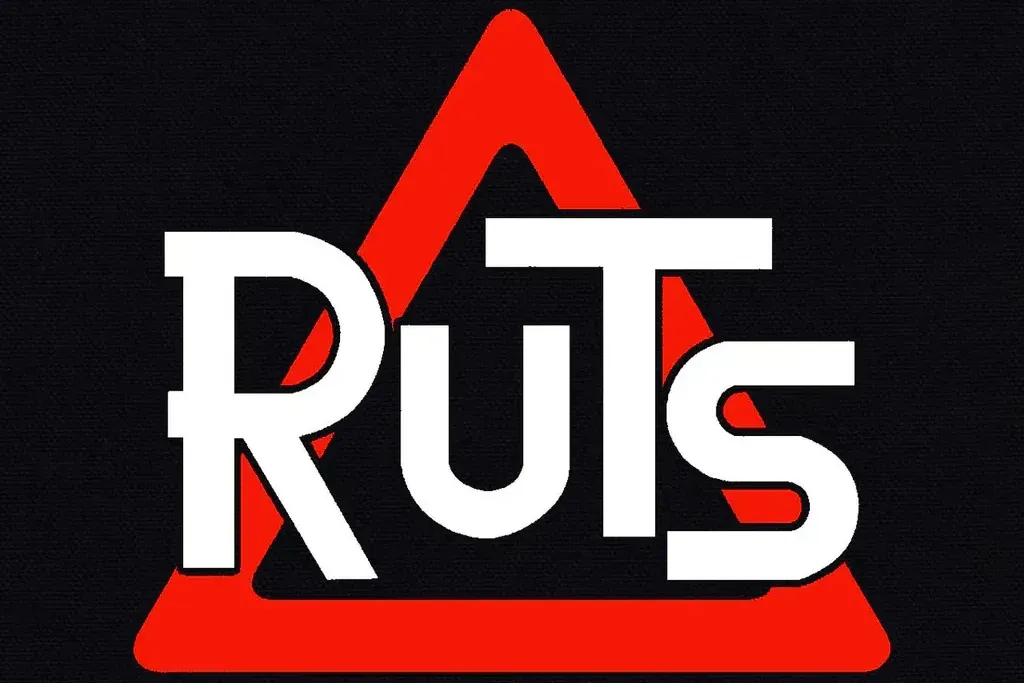Babylon’s Burning
Babylon's burning with anxiety. You'll burn at your work. You'll burn at your play.

Key words
- Figuratively: in a way that uses words and phrases with a more imaginative meaning than usual
Technology is already 'under our skin', both figuratively and literally.
- As a matter of course: If something is done as a matter of course, it is a usual part of the way in which things are done and is not special
Safety precautions are observed as a matter of course.
- Rasta: a member of a religious group that began in Jamaica and worships Haile Selassie
He paid over $100 for dreadlocks because he wanted to look like a Rasta.
- Platform: an opportunity to make your ideas or beliefs known publicly
The BBC denied them a platform by refusing to broadcast the IRA's point of view.
- World stage: a particular area of public life
The president was extremely popular on the world stage but was disliked in his own country.
Read the article to find the answers
- Was London on fire figuratively or literally?
- What were the government, the police and the wider establishment collectively known as?
- What was punk heavily influenced by?
- What do Rastas believe?
Babylon’s Burning: The Ruts
Babylon's Burning by the Ruts was written at a time of considerable social and economic instability in Britain. The threat of riots was a very real part of life in the working class areas of London. London was on fire, both figuratively and literally. Unemployment was high and the cities were full of tension and anger towards the government, the police and the wider establishment - collectively known as 'Babylon'.
Babylon's Burning by the Ruts uses Babylon as a metaphor for a society that is about to collapse because of its corruption. In the Book of Revelation, Babylon represents the religious leaders in Jerusalem who crucified their Messiah. For punks, Babylon is a symbol of everything that needs to be torn down.
pondscum77
Punk
In the UK, punk was heavily influenced by reggae due to the presence of a large Caribbean immigrant community that brought reggae, ska and dub music to working-class neighbourhoods. The Ruts released their debut on a reggae label and The Clash, one of Britain's most famous punk bands, had a hit in 1977 with Police & Thieves, a cover of Junior Murvin's reggae hit from the previous year.
From Genesis to Revelations, what the next generation will be, hear me
The language and imagery of Western culture are so deeply rooted in biblical symbols and stories that they appear as a matter of course - even in places that, on the surface, may seem completely divorced from Christianity, such as militant atheist punk.
Reggae & Rastafarianism
Rastafarianism originated in Jamaica in the 1930s and combines Christian teachings with African traditions. Rastas believe that Emperor Haile Selassie I of Ethiopia was the reincarnation of Jesus Christ (Jah) for black people; that cannabis has spiritual benefits; and that they should not cut their hair because of the Nazarite vow found in the Book of Numbers.
Reggae became an important platform for Rastafarianism, with artists such as Bob Marley bringing their beliefs to the world stage. In his song Babylon System, Bob Marley urges people to rebel against churches and universities, calling their founders and graduates vampires, thieves and murderers.
Discussion questions
- Do you have any questions about any of the vocabulary or grammar in this article?
- Do you like punk or reggae?
- Do biblical symbols appear as a matter of course in your country?
- What do you think of militant atheists?
- What do you think of cannabis?

Book a Lesson
Improve your English language communication skills by practicing with a qualified and experienced native speaker.





